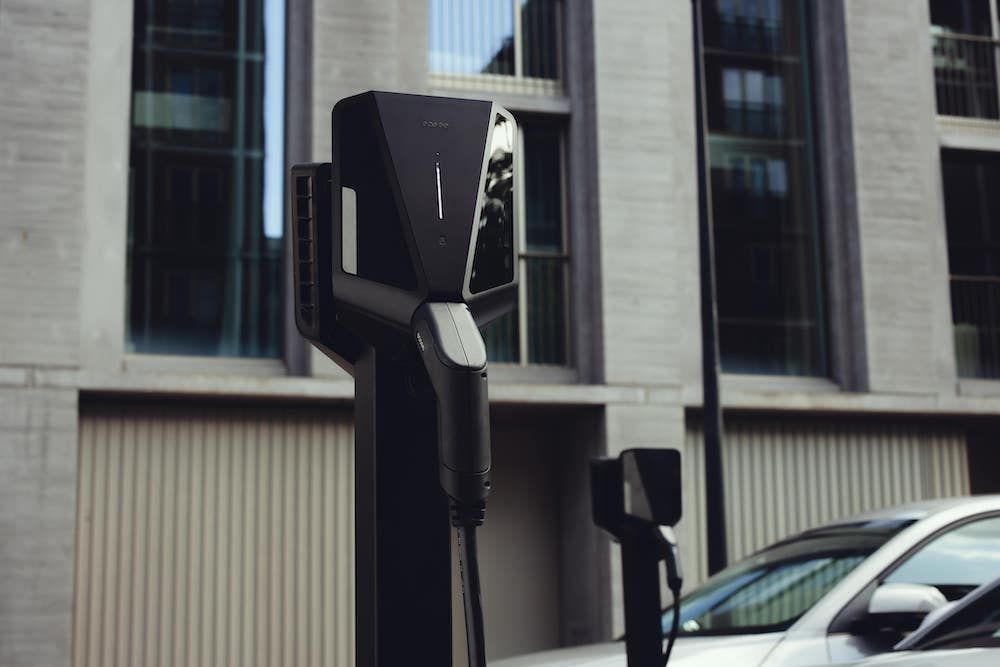The Geospatial Commission has published a report on how location data can support the rollout of electric vehicle (EV) charge points and launched a project to improve access to demand modelling.
To build a charge point network that can work for everyone, charge points must be rolled out where they are needed for today and tomorrow. Location data is key to building the right infrastructure in the right places, giving confidence to current and future EV owners that they can efficiently reach their destination.
The UK government has committed to ending the sale of new petrol and diesel vehicles by 2030. A comprehensive and reliable public EV charg epoint network is critical to greater adoption of EVs. The UK’s charging network must expand rapidly so that it is dependable, fair and covers the entire country.
The report identifies how location data can help model future demand, select suitable sites, create a seamless consumer experience and track rollout. To improve the use of location data, the report announces that the Geospatial Commission will:
- Launch a feasibility study into how to widen access to demand modelling, to provide planners with data-driven evidence to identify how many and what types of charge points need to go where and by when.
- Explore the creation of a geospatial dataset for off-street parking, to support planners to identify suitable sites for charge points and avoid wasted effort.
- Support the government to make charge point data more Findable, Accessible, Interoperable and Reusable (FAIR) and track how market innovators use the data to create new services which enhance the consumer experience.
Baroness Neville Rolfe, Minister of State, Cabinet Office, said: “The UK must have an electric vehicle charge point network that works for the entire country. The Geospatial Commission’s report highlights how location data can help build the right infrastructure in the right places. Drivers will then have the confidence to switch to EVs in the knowledge that they will be able to charge them easily and efficiently and not be delayed in reaching their destination wherever it is.”
Jesse Norman, Minister of State, Department for Transport, said: “We want to ensure that the UK keeps its position as a world leader in decarbonising road transport. That is why the government is working to build an electric vehicle charge point network that works for everyone, everywhere. Location data is a crucial part in accelerating the transition to a sustainable transport system, and I look forward to working with the Geospatial Commission to realise our ambition for electric vehicles.”
Image: Shutterstock.














